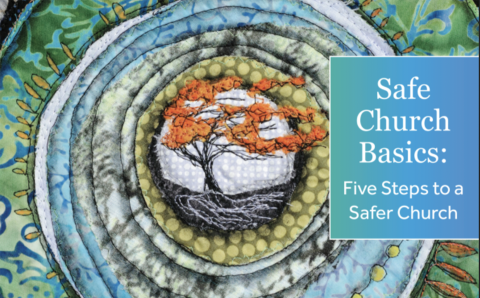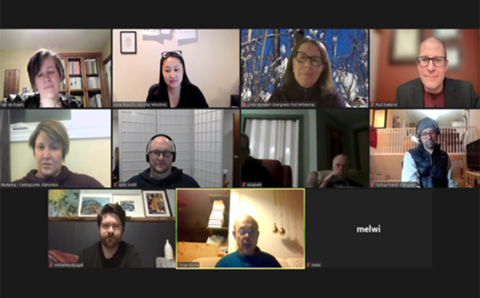How can God ask Abraham to sacrifice his son Isaac, even as a test of obedience (Gen. 22)? Isn't that cruel and a case of child abuse?
According to philosopher Søren Kierkegaard, God commanding Abraham to sacrifice his son Isaac was a paradox of ethical duties. The only way for Abraham to obey God’s word was for the promised patriarch to commit murder, thereby disobeying God’s prohibition against murder and contradicting God’s promise Abraham would become the father of a great nation through Isaac. So why would God ask Abraham to sacrifice his own son? Should such a request lead us to believe that God is cruel and abusive?
It is undeniable that children hold a special place in God’s heart. Psalm 139 describes how the preborn are marvelously made from the inside out by their Creator, who knit them together in their mothers’ wombs. As a result, parents are entrusted with a two-fold God-given responsibility. Ephesians 6:4 calls parents to demonstrate restraint so as not to crush their children with their words and actions, and it directs fathers and mothers to lavish their children with the life-giving instruction that comes from God. In other words, parents are told to look after their children with the same love and concern God has for them. So if God loves children, why does God want Abraham to place Isaac on an altar?
It is impossible for us to understand God’s request to Abraham without fast-forwarding in our Bibles to the story of the Exodus from Egypt. In the book of Exodus, God unleashed 10 different plagues upon the Egyptians in response to the king’s rebellious refusal to let God’s people go. The 10th plague is vital to our discussion of Abraham’s test. In the Passover, God called Pharaoh to account for his sins by taking the life of every firstborn son in Egypt whose doorframe was not covered in lamb’s blood. This story in Exodus gives us a framework for understanding Genesis 22. When God instructed Abraham to sacrifice his own son Isaac, Abraham must have known what God was doing. God was calling Abraham to account for the sin in Abraham’s life. It would be Isaac’s life for Abraham’s sin. So instead of focusing on whether God is cruel and abusive, we must first approach Abraham’s test by acknowledging that God is holy and just and that the penalty for sin is death (Rom. 6:23).
Did God ask Abraham to sacrifice Isaac because God is cruel and abusive? No. God had a greater purpose. The further we go in Genesis 22 the more we discover that God’s request was designed to demonstrate not only his holiness and justice, but also his love and compassion. Jewish rabbis have a story they tell about the testing of Abraham’s faith. Tradition says that while Abraham and Isaac were traveling up one side of the mountain, the ram that would take Isaac’s place on the altar was climbing up the other side. God wasn’t asking Abraham to rationally understand God’s request, but instead to radically trust that God would provide, making a way where there was no way (Heb. 11:19).
The beauty of what happened on Mount Moriah is that it prepares us for the cross. The great ascent of Abraham, Isaac, and the ram up Mount Moriah prepares us for the great descent of Christ at Calvary. On the altar of the cross, God’s holiness and justice meet God’s love and compassion. Through the cross, the Bible teaches us, “the wages of sin is death, but the gift of God is eternal life in Christ Jesus our Lord” (Rom. 6:23). Genesis 22 should not cause us to question God’s goodness; the paradox is designed to teach us how to walk by faith on our way to paradise.
About the Author
Felix Fernandez is pastor of South Kendall Community Church Miami, FL.









